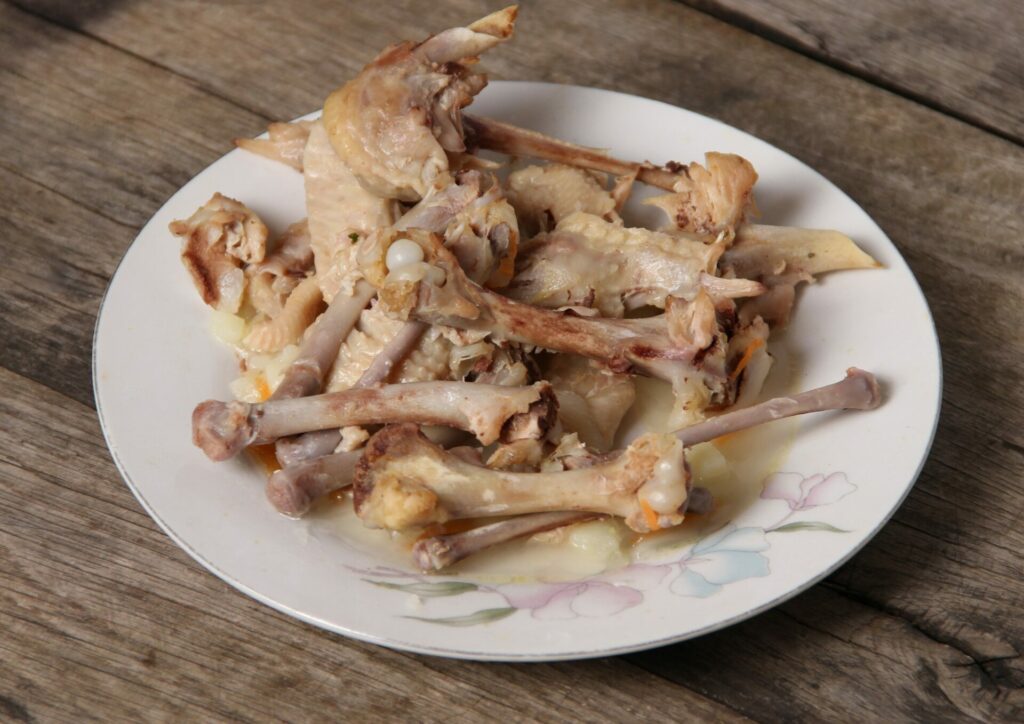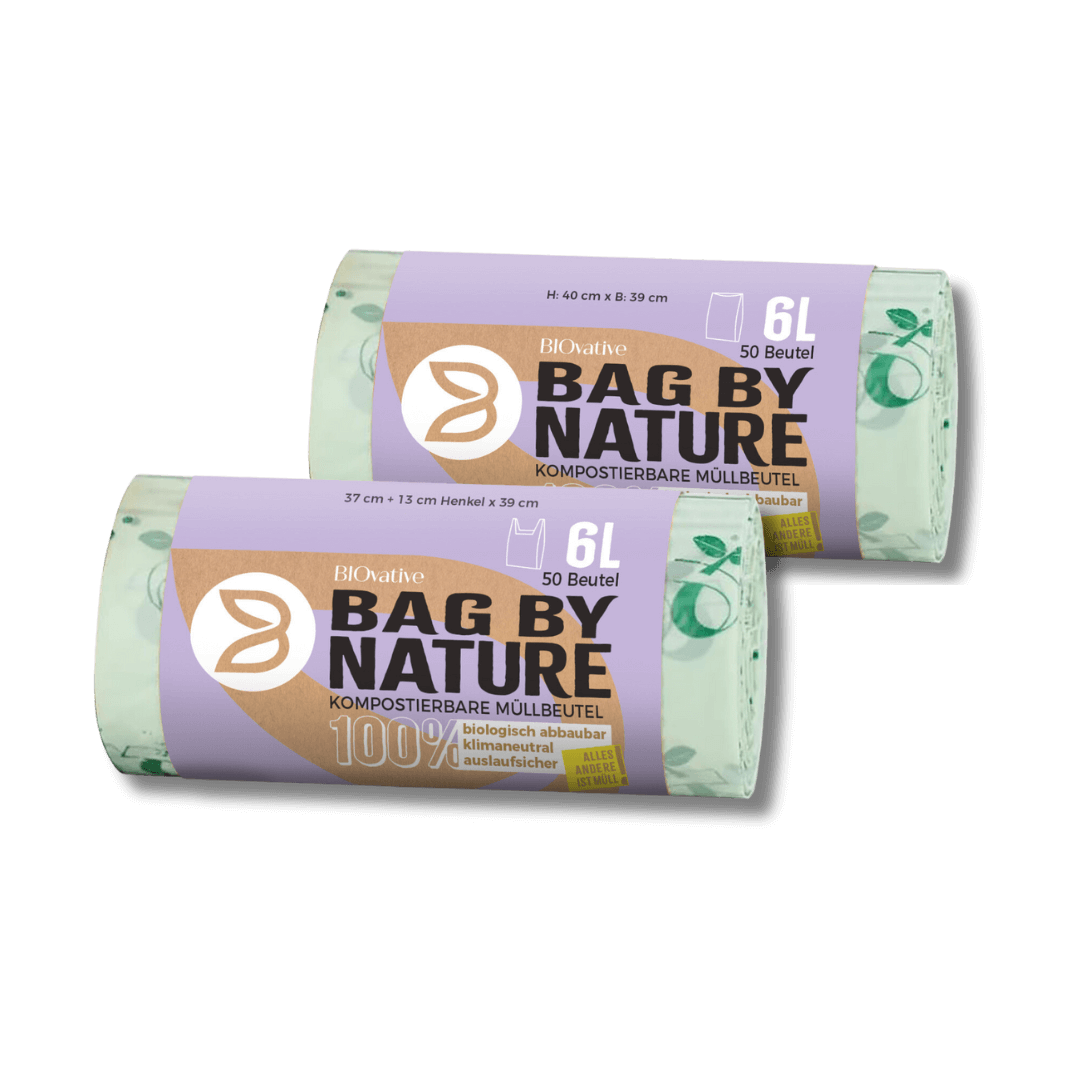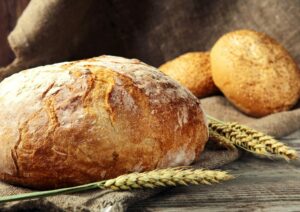Glossary » bones
bones
Bones in organic waste - what you should know
Wondering if bones are allowed in the organic waste bin? The answer is yes, but there are some important points to bear in mind to ensure that they are disposed of correctly. This article explains why and how bones can be disposed of in organic waste and what exceptions there are.

Can bones be put in the organic waste bin?
Yes, bones may be put in the organic waste bin in normal household quantities. They are organic waste and therefore suitable for the organic waste bin. However, the decomposition of bones is slower than that of other kitchen waste, which is why some regions have special regulations. In some composting plants, bones can therefore be included in the composting process for longer. Nevertheless, bones belong in the organic waste and should not go in the residual waste.
Bones, whether from chicken, pork or beef, are therefore generally allowed in the organic waste bin. However, it is important that you do not dispose of large quantities at once so as not to disrupt the composting process. Bones in the organic waste bin help to add nutrients such as calcium to the compost, which benefits the soil, but larger quantities slow down decomposition and decomposition.
Larger meat bones can slow down the composting process, so it is advisable to chop them up before disposing of them. Care should also be taken with raw bones in particular, as they can quickly develop an unpleasant odour and attract flies. Raw bones should therefore only be disposed of in organic waste in small quantities and in exceptional cases.
Chicken bones are smaller and decompose more quickly than larger bones. They are therefore particularly suitable for organic waste. Nevertheless, chicken bones should not be disposed of in too large, compact pieces in order to facilitate biodegradation.
Organic waste bin & bones - What you should consider
When disposing of bones in the organic waste bin, it is important to dispose of them as cleanly as possible and without any meat residue sticking to them. Meat residues could attract vermin and cause unpleasant odours. In addition, bones should not be packed in plastic bags as these are not compostable.Zudem sollten Knochen nicht in Plastiktüten verpackt werden, da diese nicht kompostierbar sind.
Bones in organic waste - Practical tips
Even if bones can generally end up in organic waste without any problems, the following should be taken into account when disposing of them.
Clean the bones: Remove meat and fat residues from the bones.
Control quantities: Dispose of bones in moderate quantities so as not to disturb the composting process.
Shredding: Shred larger bones to speed up decomposition.
No plastic: Do not use plastic bags for disposal.
Regional differences in disposal
In some regions, there are special regulations regarding the disposal of bones in organic waste. Some municipalities do not allow animal waste in the organic waste bin, while others do. It is therefore advisable to check the local disposal guidelines to make sure that bones are allowed in your organic waste bin.
Conclusion: Dispose of bones in organic waste
Ultimately, bones are organic waste and should always be disposed of in the organic waste bin. However, it is important to dispose of them in moderate quantities and to take into account any regional differences. Chicken bones are particularly suitable for organic waste as they decompose more quickly. Large bones can either be chopped up and disposed of in the organic waste or, if in doubt, well packaged in the residual waste.
Discover our products
Compostable bin liners
For clean and sustainable disposal of your organic waste






